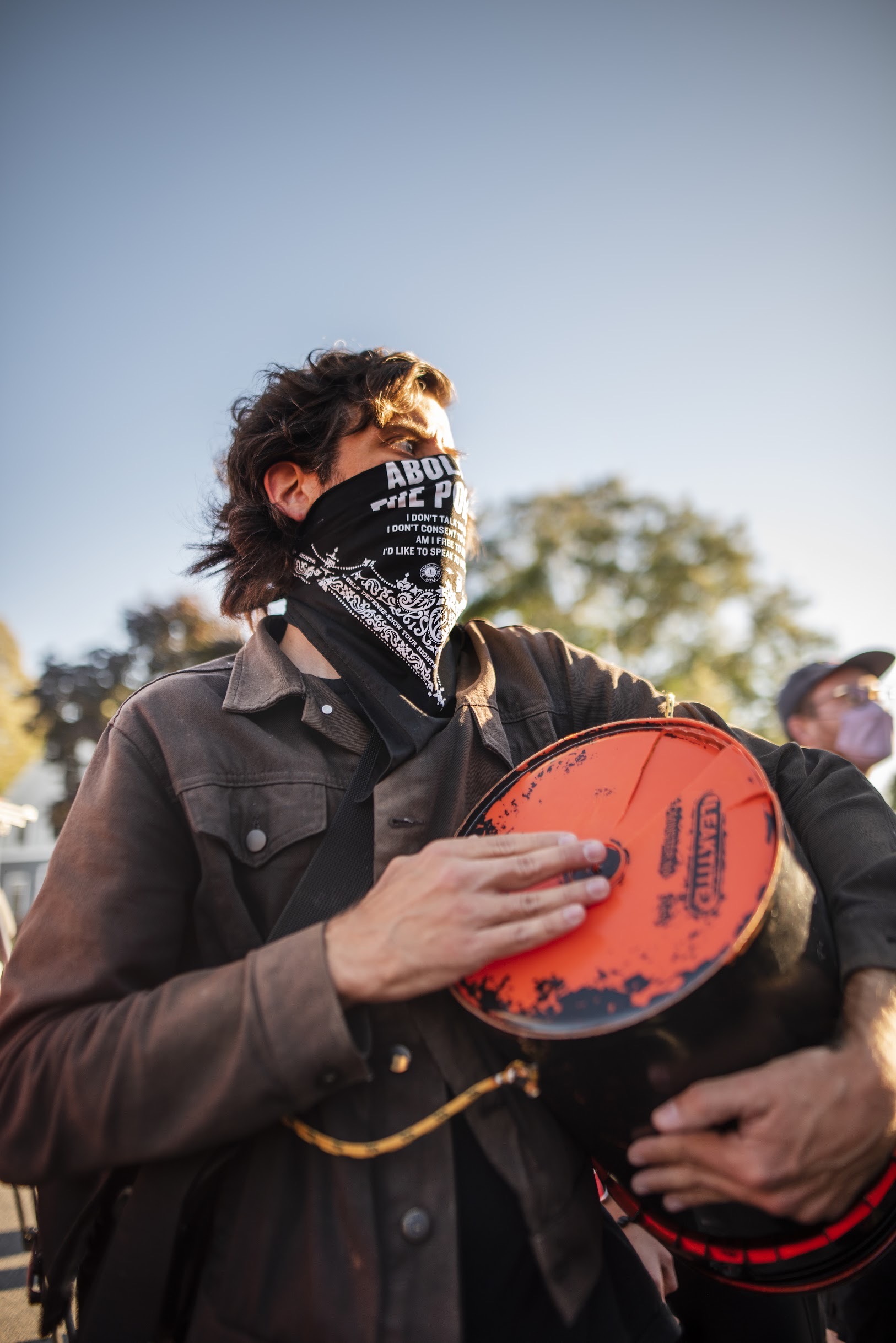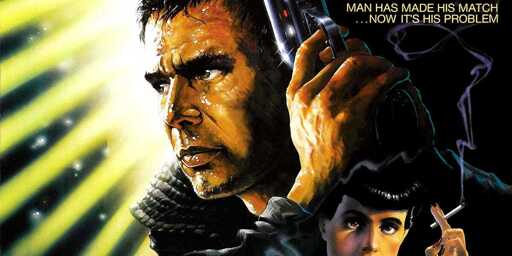As SolarPunk Stories has already explored, there are many shades of solarpunk. So many, I added a couple of my own to their framework. From Thrilling to Happy, Fantastical to Rooted, solarpunk is a broad concept, with space inside it for stories ranging from farming romances to survival tales, kitchen-sink dramas to action adventure.
One type of setting that reoccurs across a few short stories and tabletop games is detective fiction. This makes a lot of sense, it has a clear narrative and believable stakes within a generally utopian or protopian society. It implicitly looks at what people in that society value and find unacceptable. No wonder ‘DI Russo - SolarPunk Detective’ is the first thrilling tale from a better future to be published by SolarPunk Stories.
But can solarpunk detective fiction be noir? Here we get into competing definitions. Otto Penzler argues that though classic hard-boiled private detectives, such as Dashiell Hammett’s Sam Spade or Raymond Chandler’s, Philip Marlowe may bend or break the law, this is done by a protagonist with meaningful agency in pursuit of justice.
In making my case, I’ll sketch the history of various varieties of noir, while also describing recent examples of those varieties. I’ll explore examples of solarpunk detective stories and I’ll finish with discussing a few ways we might see noir in future solarpunk fiction.
There is definitly the potential of “dark” Solarpunk stories set in the nearish future aka “it’s going to get worse, before it gets better”. Climate refugee settlements (slums) would be probably the perfect setting.
The bigger issue I see is the cop/detective trope that probably needs a lot of deconstruction to not come accross as hopelessly anachronistic in a Solarpunk story.
I think Murder in The Tool Library did the detective thing well by making it a (vetted and qualified) croudsourced sort of thing. Sort of like a good version of the Vidoq society. This helped make the investigation more of a community thing. I’d be interested to see how else you could do it.
There is definitly the potential of “dark” Solarpunk stories set in the nearish future aka “it’s going to get worse, before it gets better”. Climate refugee settlements (slums) would be probably the perfect setting.
The Great Transition: A Novel by Nick Fuller Googins fits this mold, and is just a good book in the process. It takes place some twenty years after the worst of the climate crisis, with extensive flashbacks to the worst of it, and doesn’t sugarcoat either the work it’s going to take to get to a sustainable society or the problems such a society might have.
The bigger issue I see is the cop/detective trope that probably needs a lot of deconstruction to not come accross as hopelessly anachronistic in a Solarpunk story.
How so? I mean, I can see how a solarpunk setting might not have cops or criminals in the capitalist sense, but it would still have justice and injustice, people trying to hide injustice and people trying to bring injustice to light. Make one of the latter your protagonist and you have a detective story.
Seems like it may fall more under lunarpunk?
It could, that’s a good observation. I thought about sharing it to the Lunarpunk community but the two genres are so inextricably linked in terms of fiction that it can be hard to pinpoint a distinct dividing line between them. The other mod in that community and I were both just mentioning the possibilities that still remain in Lunarpunk as it’s still a nascent subgenre and aesthetic so I wouldn’t rule it out. With Lunarpunk’s tendency to be more introspective and spiritual that could match with Noir’s existentialism and fatalism although its iconography would probably look a bit different and need an update.





